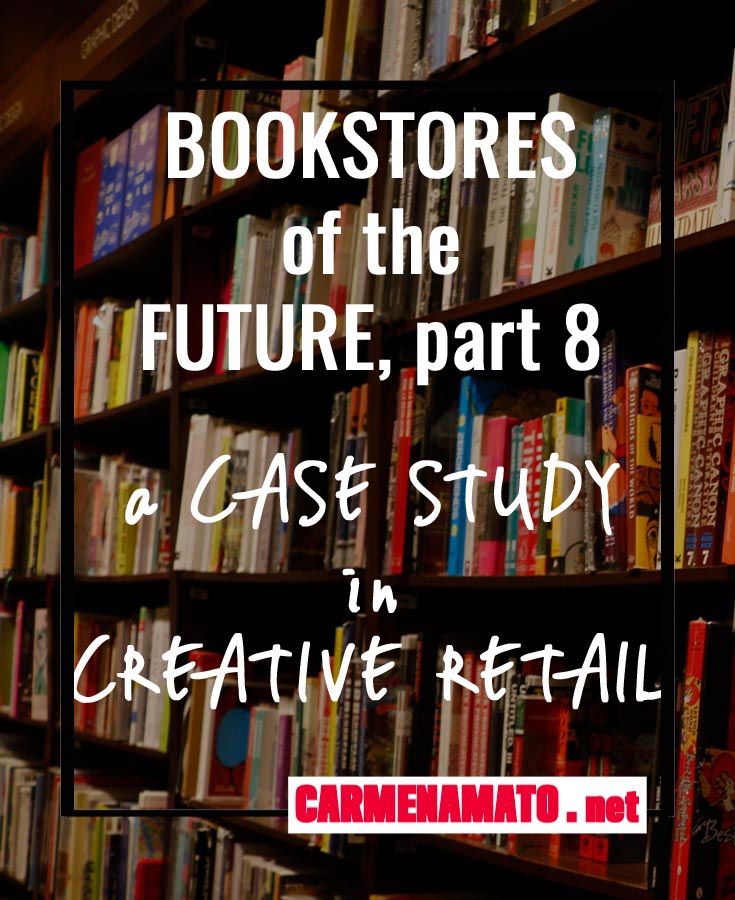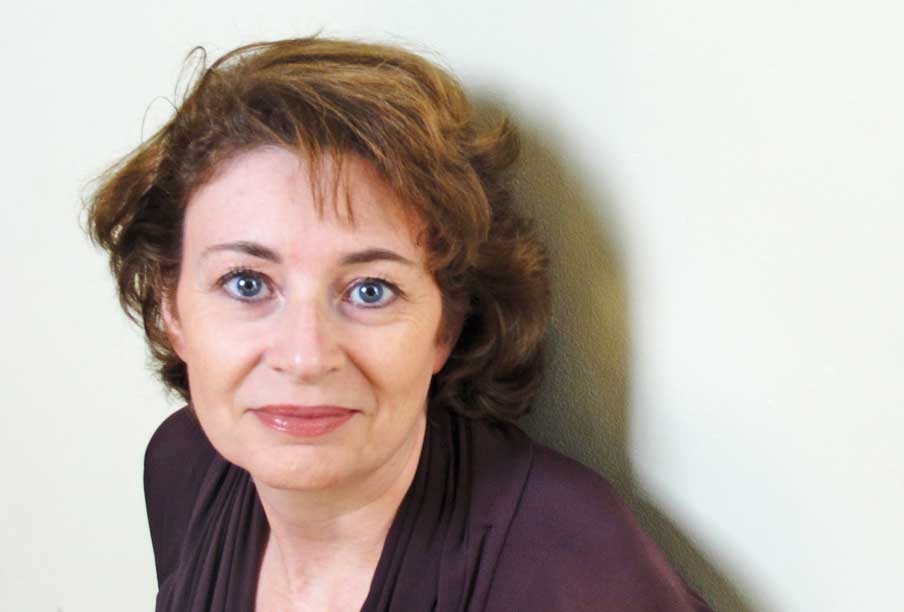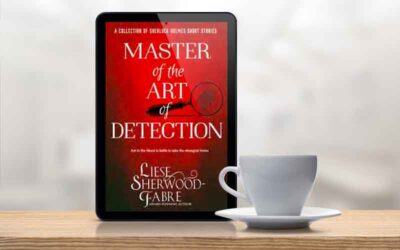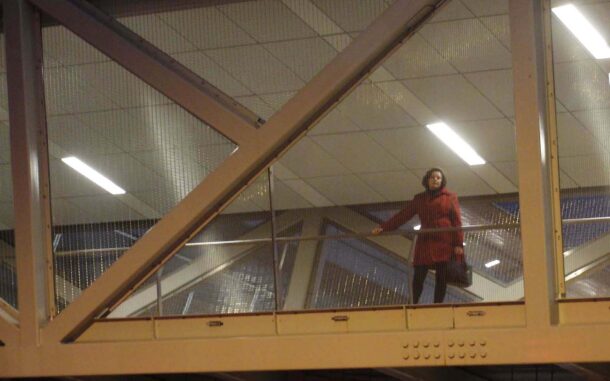
You may also like
Author to Author with Liese Sherwood-Fabre
I had the pleasure of meeting Liese Sherwood-Fabre when we were fellow panel members at a mystery...
Best Books to Read According to Contest Judges (and me!)
Today I’m sharing 9 books by friends of the Mystery Ahead newsletter (and 1 by yours truly) that...
Elections This Year are the Stuff of Fiction
In BARRACUDA BAY, the upcoming Detective Emilia Cruz mystery set in Acapulco, elections for mayor...

CARMEN AMATO
Mystery and thriller author. Retired Central Intelligence Agency intel officer. Dog mom to Hazel and Dutch. Recovering Italian handbag addict.
Are bookstores facing a “survival of the fittest” era? If so, what can make a bookstore “fit?”
In the case study letter below, the key is creativity and willing to do something wholly different.
Last week I wrapped up my Bookstores of the Future project, in which I asked 800+ people to give me their thoughts on how bookstores could survive and prosper in the era of ebooks and ecommerce. Dick McLeester had responded to me as a store owner but I did not use his comment because I could not tell if his was an online or bricks-and-mortar store and the series was about the latter.
Bookseller as retail innovator
When I let him know, Dick responded with this insightful letter, which he agreed to let me post here. For anyone thinking of going into the book business, Dick’s views are a must-read. Dick doesn’t yet have a blog to share his experiences, but you can check out his website: www.changingworld.com to see how he combines online and pop-up sales, as well as the line of products he sells to augment book sales.
Carmen,
Thanks for writing. Your articles were interesting.
I realize that people call them “brick & mortar” stores to distinguish them from online booksellers, but I think there is a danger in that term, which is to define the Successful Bookseller of the Future just too narrowly.
In 1976, I launched a bookstore called Food For Thought Books with a total investment of $25.00. I was the founder and co-manager there for 10 years, before leaving to start my current business. (You can check, Food For Thought Books is in Amherst, Massachusetts, now a proud brick & mortar bookstore. But struggling to find their way to a successful future. And probably because they are struggling to find their way, they would probably not be able to speak with much clarity to your questions.)
I was able to start Food For Thought with little capital because of a strong vision of the possibilities and because we were able to bring books to people who were hungry for them. For the first two years we paid no rent or salary, and grew very fast. We became experts at setting up instant bookstores at event, conferences, festivals and meetings. We did this in a way that very few booksellers today know how to do, because they start with a retail shop where they need to pay rent and get people to come there.
When I left Food For Thought to start VisionWorks, it was because I had a larger vision of what was needed for booksellers to be successful into the future. I realized that today, ideas and information are carried not just in books, but often on other vehicles, such as postcards, bumperstickers, calendars, magnets or buttons. In most bookstores these are seen as valuable sidelines or gift items, but someone who runs a shop usually cannot devote much energy to having a really good selection because it is such alot of work to order from all these little companies, including overseas suppliers. So VisionWorks is set up as a wholesale distributor, making it easy for any retailer (bookseller or otherwise) to get a great selection from hundreds of suppliers by placing one order. For us, we sell way more cards, stickers and calendars than we do books. But books are still really important to us, and we sell large quantities of some books.
How? We sell at select Conferences, where we bring the books to people who are looking for certain ideas & information. 4 events per year. We get huge book sales in a short time. We sell more books retail at those events than we do in our brick & mortar store. More than we sell wholesale. More than we sell online. At these events, it is primarily books that sell, and the cards, stickers and calendars are an important, high-margin sideline. But it is really the Cards, Stickers & Calendars that we sell wholesale to retailers across the country that keeps us in business, that makes it all work. And now we also publish postcards, so we have a hand in making sure our selection is really educational, informative and connected to the ideas in books we offer.
My point is that anyone who wants to have a successful bookstore into the future, needs to be flexible and creative. They need to look at whatever will work for them, and then work that angle, even if it looks very different than how a traditional bookstore has looked. If this means taking the books to the events where hungry minds gather, they need to get really good at that. If they think that cards and stickers are something that can really work for them, they need to really work it, to be the best. And if that means those things become 75% off their sales and books only 20%, then go with that. What used to be thought of as a sideline, may become the main thing. But we need to pay attention to that.
I think there will always be an important role for good booksellers, but right now they need to be creative, flexible and willing to take risks, to think differently. That’s my perspective. One day soon, I think I need to get working on a blog and put some of this out that way. I am especially curious to see how others will respond, esp. those who are running some of the more traditional bookshops, indie shops, brick & mortar.
Thanks for starting the conversations. Best, Dick “I am a bookseller, really” McLeester
VisionWorks website: www.changingworld.com
Thank you, Dick, for agreeing to share your views and showing us that book retailers who think outside the cover will succeed!
Read all of the Bookstores of the Future posts in the #noticed category





0 Comments